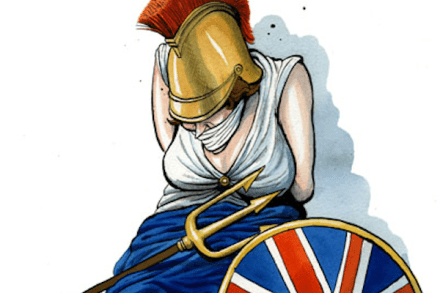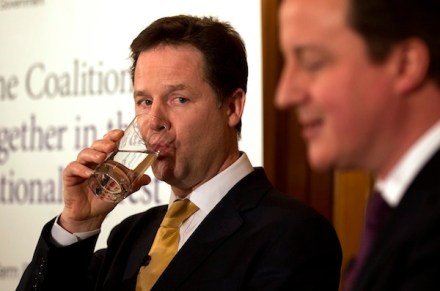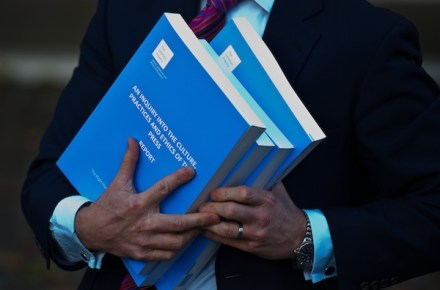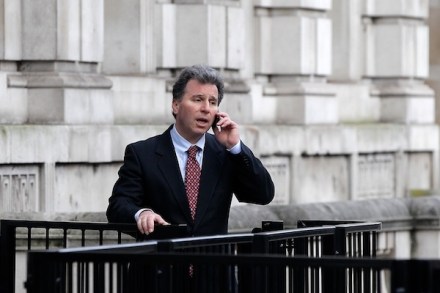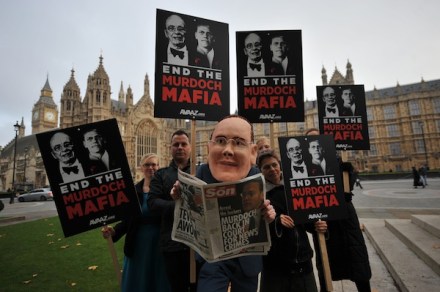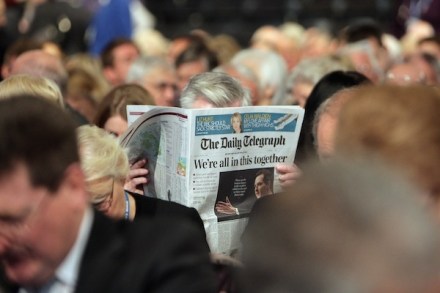20 Tories could rebel on Royal Charter plan
Conservative MPs who have previously supported statutory underpinning of press regulation are meeting on Monday morning to discuss how they will vote. There is a list of 75 Tories who have backed the idea, but I understand that if an agreement isn’t reached on Monday between the main parties, there are around 20 MPs who would be minded to vote against the Conservative three-line whip and support Labour’s amendments. The Conservative part of the government has just published its Royal Charter, and Labour and the Lib Dems are also tabling more amendments today. Once all the information is available, pro-statute Tory MPs will make up their mind on whether to
